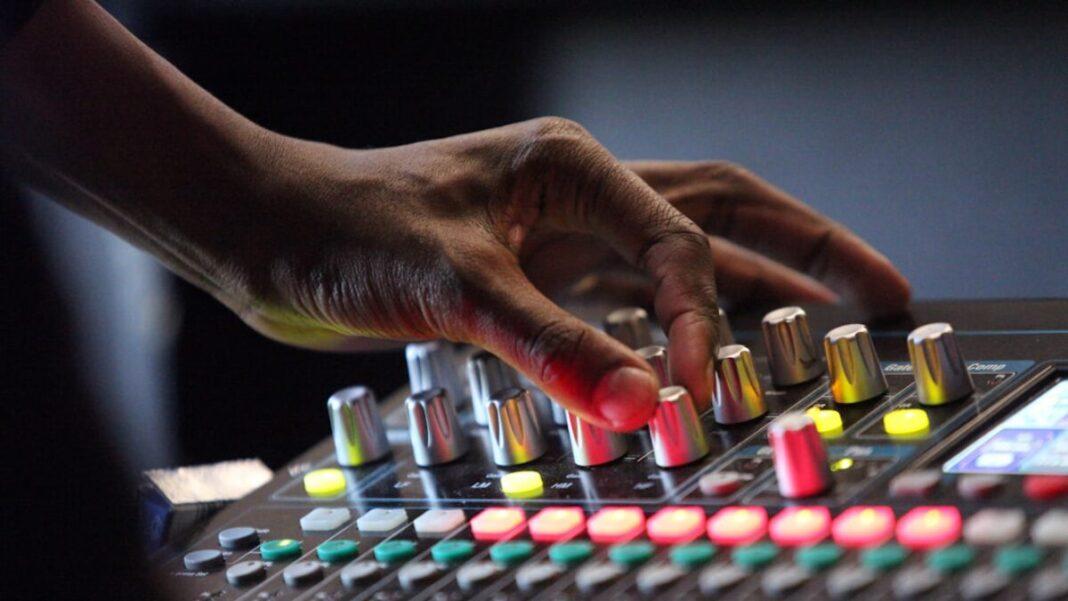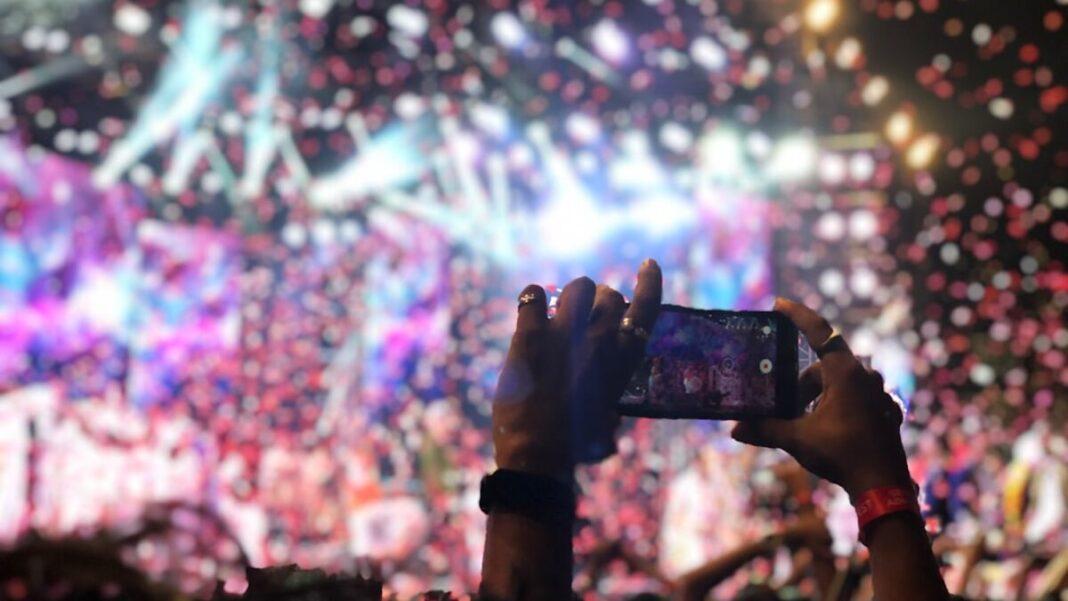Contents
Introduction
As we traverse through 2025, the landscape of music production has witnessed unprecedented transformations, predominantly driven by artificial intelligence (AI). The amalgamation of technology and artistry is not merely a trend; it is shaping the very foundations of how music is created, produced, and consumed. With AI algorithms now essential tools in studios, musicians, producers, and even listeners are experiencing music in ways that were unimaginable a mere decade ago. This article delves into the various dimensions of AI in music production, exploring key trends, innovations, and practical advice for music creators and enthusiasts.
The AI Revolution in Music Production
Overview of Emerging Technologies
The AI revolution in music production is characterized by the integration of machine learning algorithms, neural networks, and sophisticated analytics. These technologies enable computers to analyze vast datasets, recognize patterns, and even compose music autonomously. This capability is not just limited to melody creation; AI can assist in everything from sound design to mastering tracks with remarkable accuracy.
For example, platforms like AIVA (Artificial Intelligence Virtual Artist) are being used by composers to generate original scores for films, video games, and advertisements. AIVA utilizes a deep learning algorithm trained on a wide range of classical music, allowing it to compose pieces that emulate the style of historical composers such as Beethoven or Mozart. This has profound implications for the industry, as filmmakers and content creators can now access royalty-free music that meets their specific needs.
Case Study: AI in Commercial Productions
In a notable example, the BBC’s introductory theme for its coverage of the Tokyo 2025 Olympics showcased AI-generated music, demonstrating the technology’s real-world applications in high-stakes environments. Collaborating with AI music generator Jukedeck, the BBC created various music tracks that adapted to different segments of the Olympics coverage in real-time. The results were instant, showcasing how AI not only speeds up the music production process but also offers unique customization that aligns closely with visual content.
Moreover, in 2025, major music labels have started investing heavily in AI-driven analytics tools to better understand listener preferences. Companies like Spotify and Apple Music employ AI to predict trending genres and curate personalized playlists, enhancing user engagement and ultimately driving sales.
User Experiences and Testimonials
Music producers have shared mixed feelings about adopting AI tools. One producer, Jessica Green, remarked, "While I initially feared that AI would take the creative aspect out of music, I’ve found it invaluable for streamlining my workflow. It saves me hours of repetitive tasks, allowing me to focus on the creative process." Another user, Dave Collins, expressed skepticism, stating, "AI tools can generate interesting sounds, but nothing beats the human touch in music that evokes emotion."
Both perspectives highlight the duality of AI’s role in music production—while it provides efficiency and innovation, it also raises questions about authenticity and emotional impact. This mixture of opinions underscores a critical point for musicians: the balance between leveraging AI and maintaining their unique creative identities.
The Role of AI in Composition
AI-Generated Music: A New Frontier
AI-generated music has moved from novelty to mainstream integration. Tools like OpenAI’s MuseNet have the capability to compose music across various genres and styles, making it a versatile asset for creators. MuseNet can combine elements from different musical traditions and genres, producing unique and novel compositions that can serve as inspiration or even final products themselves.
For example, a hip-hop producer can input samples and let MuseNet craft beats that blend traditional rap rhythms with contemporary electronic influences. This capability opens a plethora of creative avenues, enabling producers and musicians to explore sounds they might not have approached otherwise.
Practical Implementation Tips
Experiment with AI Tools: Musicians should take the time to explore different AI music software, such as Amper Music, Wavify, or Soundraw. Each tool offers unique features that cater to various musical styles, letting creators develop a more personalized sound.
Collaborate with AI: Rather than viewing AI as a replacement, artists should see it as a collaborator. Incorporate AI-generated suggestions into your music to enhance creativity and generate new ideas.
- Create Custom Models: For those with programming skills, developing custom AI models can lead to innovative sounds that align closely with personal artistic voices. For example, training a model on one’s favorite artists can yield results that capture desired complexities.
Enhancing Sound Design with AI
Advanced Audio Manipulation
AI’s applications in audio engineering have allowed sound designers to manipulate and enhance audio in unprecedented ways. For instance, tools like LANDR and eMastered provide automated mastering services that analyze the audio spectrum and apply mixing techniques traditionally used by professionals. These platforms can evaluate how a track will sound on different devices, optimizing it for various playback systems.
Authentic Reviews
John Marcus, an audio engineer, shared, "I used LANDR for a project last year, and I was blown away by how it managed to compete with some of my manual mastering efforts. While it may not replace my artistry, it certainly complements it." In contrast, sound designer Lucy Bates remarked, "It’s a great way to get things half-done, but I wouldn’t rely on it for critical mixes. The human ear still has nuances that AI hasn’t fully captured."
Challenges and Considerations
Despite the benefits, using AI in sound design poses its own challenges. There’s the risk of over-reliance on algorithms, which can lead to a homogenization of sound. It is critical for sound designers to balance AI tools with their intuition and creativity to preserve the emotional depth of their work.
AI and Live Performances
Transforming the Live Music Experience
AI’s integration into live performances is revolutionizing how audiences experience music. From live looping technologies to interactive visuals driven by AI, the landscape of concerts and festivals is changing. Futuristic stage setups utilize AI-driven light shows that respond dynamically to the music being played, creating immersive, multi-sensory experiences for audiences.
Noteworthy Examples
Artists like Holly Herndon and Björk have been pioneers in incorporating AI into their live shows. Herndon’s use of an AI vocal clone named Spawn during her performances raises questions about authorship and creativity. Her concerts demonstrate how AI can enhance but also challenge traditional notions of music ownership and originality.
Music Marketing and Distribution
AI-Driven Analytics in Music Marketing
Data has become a cornerstone of effective music marketing, and AI tools are at the forefront of this transition. These algorithms can analyze listener behaviors, predict potential hit songs, and even suggest optimal release times. Companies can track social media engagement, streaming metrics, and audience demographics to refine marketing strategies.
Testimonials from Marketing Professionals
Marketing executive Sarah Lopez notes, "AI has allowed us to dissect audience preferences with a level of granularity we couldn’t have imagined before. It’s not just about hitting play; it’s about understanding our listeners on a deeper level." However, she also cautioned that "data should inform creativity, not rule it. There’s always a risk of chasing trends rather than fostering genuine artistry."
Strategies for Implementation
Invest in Analytics Tools: Musicians and labels should consider investing in AI-driven analytics tools to better understand audience engagement. Analytics platforms like Chartmetric can provide insights into streaming trends and online engagement.
- Create Targeted Campaigns: Use data-driven insights to tailor marketing efforts. Identify core demographics and craft campaigns that resonate with those groups, enhancing audience connection and outreach.
FAQs about AI in Music Production
1. How is AI influencing the creative process in music?
AI tools can assist in generating musical ideas, allowing artists to explore new genres and styles while enhancing their creative workflow. They can serve as collaborators rather than replacements for human creativity.
2. Can AI-generated music be considered original?
Yes, AI-generated music can be considered original as it often combines various elements in unique ways. However, issues of authorship and exclusivity remain topics of debate among creators.
3. What are the risks of using AI in music production?
Over-reliance on AI tools may lead to a homogenization of sound. It is essential for artists to maintain their unique voice while integrating technology into their process.
4. How do streaming platforms use AI?
Streaming platforms use AI to analyze listener data, aiding in personalized recommendations, predicting emerging trends, and curating playlists that enhance user experience.
5. Is AI mastering as effective as human mastering?
AI mastering tools can yield impressive results but may not be able to replicate the nuanced decisions made by trained audio engineers. It is best used as a complementary tool rather than a replacement.
Conclusion
The incorporation of AI into music production in 2025 is not merely a passing trend but a transformative shift that impacts every level of the industry—from composition and sound design to marketing and live performances. While these advancements foster innovation and streamline workflows, they also present challenges that require thoughtful consideration.
As we embrace the "Sound of the Future," musicians and producers must navigate this evolving landscape, balancing technology with traditional artistry to preserve the emotional essence of music. The path forward lies in collaboration between human creativity and technological prowess, leading us to a future where music continues to thrive in all its diverse forms. Those who adapt and harness AI tools will be better positioned to not only produce music but also to enrich the listening experience for audiences worldwide.
As we step into the future, it’s imperative that creators remain open to exploration and innovation, embracing AI as both a tool and a partner, while always prioritizing the human touch that makes music universally resonant.



